Impact
About
This collective consists of seven refugee-led organisations (RLOs) across East Africa working together to close the empowerment gap that prevents refugee women from accessing opportunities to transform their education, health, and livelihoods. Within the collective, women-led RLOs exchange knowledge, skills, experiences, and best practices to support refugee women, girls, and their host communities in improving health, mental well-being, economic stability, and leadership skills. This collaborative approach strengthens resilience and promotes women’s empowerment. These organisations enable refugee women and girls to drive lasting change, advancing resilience, economic security, and community leadership across refugee communities. To date, they have supported over 10,000 women.
KNOWLEDGE & INSIGHTS:
Women in Displacement and Leadership Development
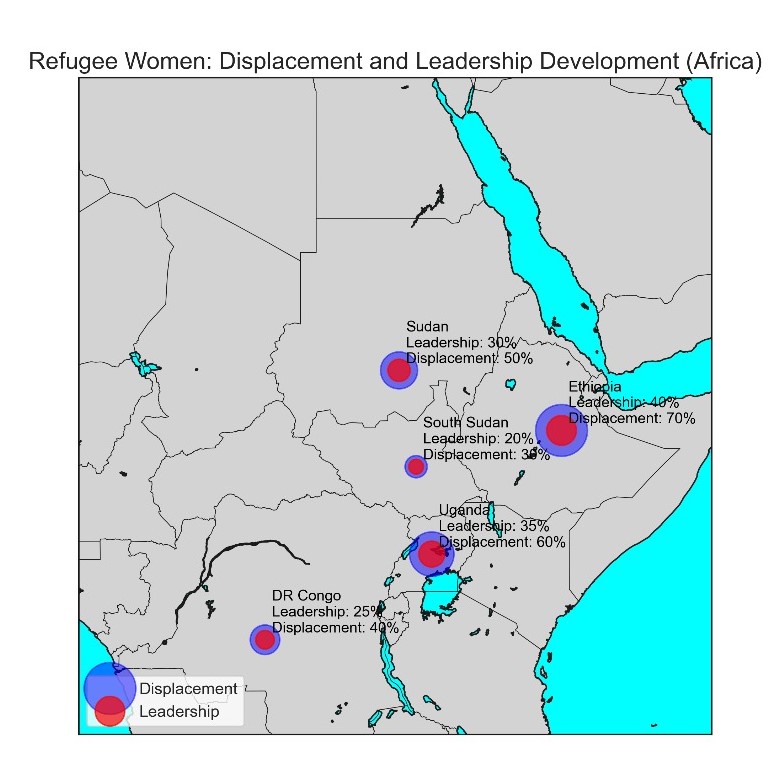
Refugee women make up nearly 50% of the global refugee population, with 70% in Africa from conflict-affected countries. Despite facing systemic barriers such as limited access to education, employment, leadership training, and protection from gender-based violence, they play vital roles in advocacy, organizing support services, and shaping inclusive policies. The UNHCR’s 2023 Gender Equality Report emphasises that empowering refugee women through mentorship, leadership training, and increased resources is crucial for unlocking their potential. Such efforts lead to stronger resilience, better health outcomes, economic opportunities, and enhanced peacebuilding, driving transformative change within refugee communities. (UNHCR Gender Equality Report).
Gender-Based Violence
Gender-based violence (GBV) in African refugee contexts is a significant issue driven by factors like displacement, poverty, and social instability. Refugees, particularly women and girls, face heightened risks, including physical violence, sexual exploitation, early marriage, and trafficking. In internal displacement situations, 96 % of the operations monitored by UNHCR noted that GBV was a severe or extreme risk at the end of 2020. Overcrowded camp structures and limited access to justice and health services further increase vulnerability. Tackling GBV requires multi-sectoral approaches that enhance security, improve health access, and engage men and boys in prevention efforts. To combat this, RLOs are taking action by raising awareness about rights and available resources. They provide safe spaces for women and girls, engage community leaders in training, and advocate for better legal protections and health services for survivors.
Livelihoods and Employment
Refugee women possess immense but often untapped economic potential due to barriers like legal restrictions, discrimination, and lack of childcare, which severely limit their ability to work. According to the International Rescue Committee (IRC), only a small percentage of refugee women can participate in the workforce. However, targeted support—such as job readiness programs, small business grants, and access to vocational training—significantly enhances their income generation and self-sufficiency. Success stories highlight how these women, given proper resources, have transitioned to entrepreneurship or secured formal employment, thereby contributing to both their families and host communities. These initiatives not only empower individual women but also have the potential to drive economic inclusion and community resilience (IRC Report, pp. 5-8).
Sexual Reproductive Health
Refugee women face considerable barriers to accessing sexual and reproductive health (SRH) services, including cultural stigmas, limited healthcare infrastructure, and lack of awareness. Studies show that these barriers contribute to higher risks of maternal complications, unplanned pregnancies, and sexually transmitted infections. According to a recent publication, SRH needs often go unmet among refugee women, as healthcare systems in many host countries are overwhelmed or inadequately equipped to support displaced populations. Targeted interventions, like community health education and access to contraceptives, have shown promise in improving SRH outcomes for refugee women (BMC Public Health Report).
Mental Health
Refugee women experience unequally high rates of mental health challenges, largely stemming from trauma related to displacement, violence, and prolonged uncertainty. A 2023 study highlights that refugee women face elevated risks of depression, post-traumatic stress disorder (PTSD), and anxiety due to exposure to traumatic events and inadequate mental health support in host countries. Barriers such as cultural stigma, lack of mental health resources, and linguistic challenges further limit access to care. Community-based mental health programs and culturally sensitive interventions have shown promise in addressing these needs and improving overall well-being for refugee women (Frontiers in Psychiatry).
CONTEXT & CHALLENGES
Women refugee-led organisations (WRLOs) often struggle to secure adequate funding due to a combination of structural and systemic barriers, with these organisations receiving just about 1% of global humanitarian aid according to the Overseas Development Institute (ODI), and Oxfam, particularly in relation to the Grand Bargain commitments. WRLOs typically lack access to larger funding networks, face exclusion from high-level decision-making, and often fall behind larger international NGOs that donors favour for their perceived stability and established reputation. Furthermore, many WRLOs are not formally registered due to complex regulations, making it difficult for them to qualify for formal funding opportunities.
When funding is available, it tends to be short-term, project-based, or highly restrictive, limiting WRLOs’ ability to address long-term, community-driven needs. This lack of sustained, flexible, and direct funding significantly slows down their capacity to provide effective solutions, despite their unique understanding of cultural, social, and gender-specific challenges faced by women refugees.
Refugee Mental Health Network'S STORY OF CHANGE
Refugee Mental Health Network (RMHN) began as a small dream, our dream to support those who have faced unimaginable challenges. In the early days, we relied on personal funds to run activities, often struggling to provide even the simplest refreshments for participants. Despite these challenges, the smiles and gratitude of the young people we served helped fuel our determination.
Today, we have transformed from those humble beginnings into a registered organization and got our first small funding from the Global Refugee Youth Network. We proudly run an 8-week therapy program for refugee mothers that combines mental health support, yoga, and financial literacy. Each session offers a safe space for women to share their stories, heal, and regain their strength
One of our biggest dreams is to train refugee mental health counsellors who can provide therapy in local languages, ensuring support is culturally sensitive and accessible. While we have made significant strides, our journey is ongoing. We strive to find a permanent space where our community can come together, free from distractions, to nurture their mental well-being. With the right support, we can create a resilient community where every refugee feels seen, heard, and valued.
One of the women in our program, Baraka, a mother of two teenage daughters, has faced profound challenges as a teenage mother and survivor of sexual violence. Haunted by nightmares and flashbacks, she struggled with overwhelming anxiety, not only for herself but also for her daughters, she was filled with so much fear. Before joining our program, Baraka describes how she felt lost, unsure of how to support and protect her children. Over the past four weeks, however, the RMHN’s sessions have been life-changing. Through yoga and therapy, her anxiety and flashbacks have eased, and financial literacy training has given her new skills to grow her tailoring business. Now, Baraka looks forward to Saturdays, embracing each meeting as a chance to heal and build a stronger future for her and her teenage daughters!
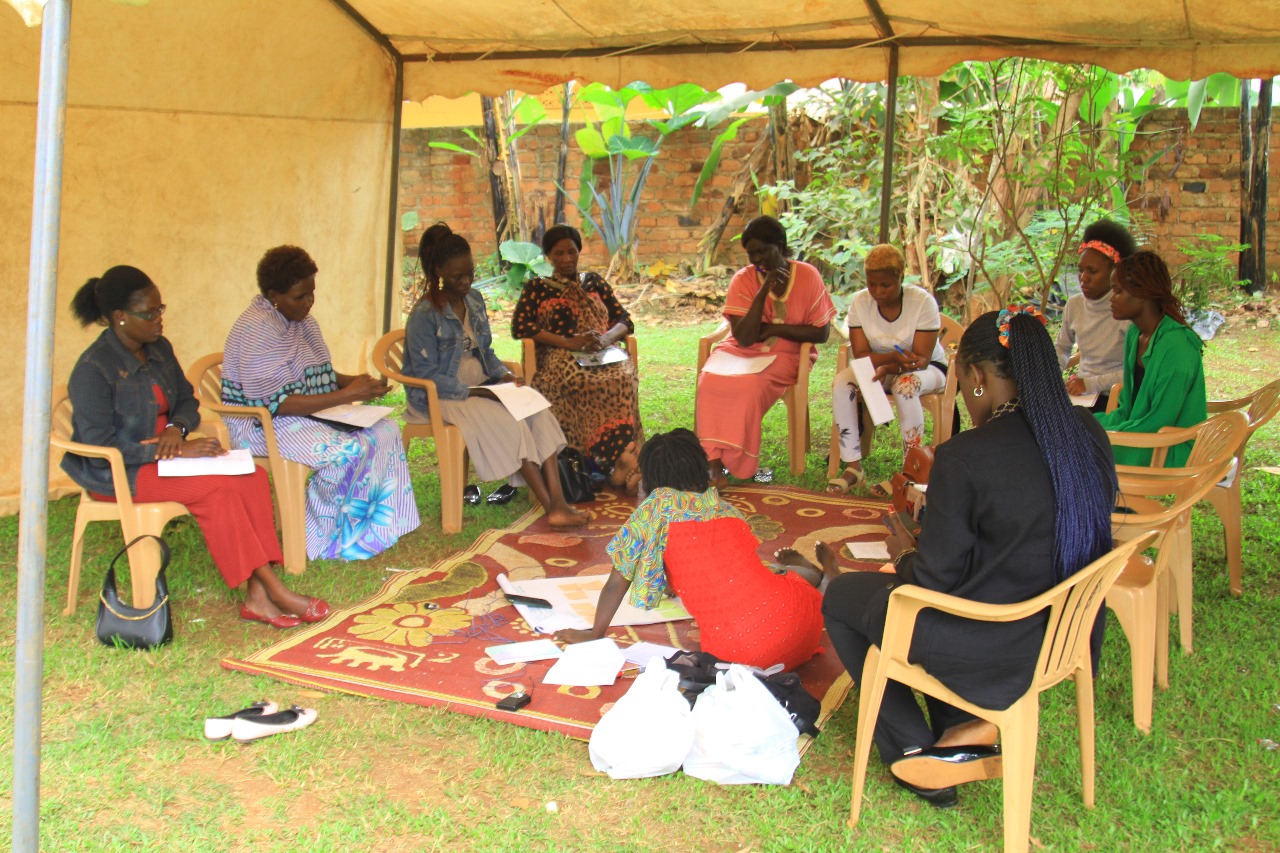
Newsfeed
I CAN South Sudan
Follow up assessment of children with disabilities by 3 stars in Barakala(host community)
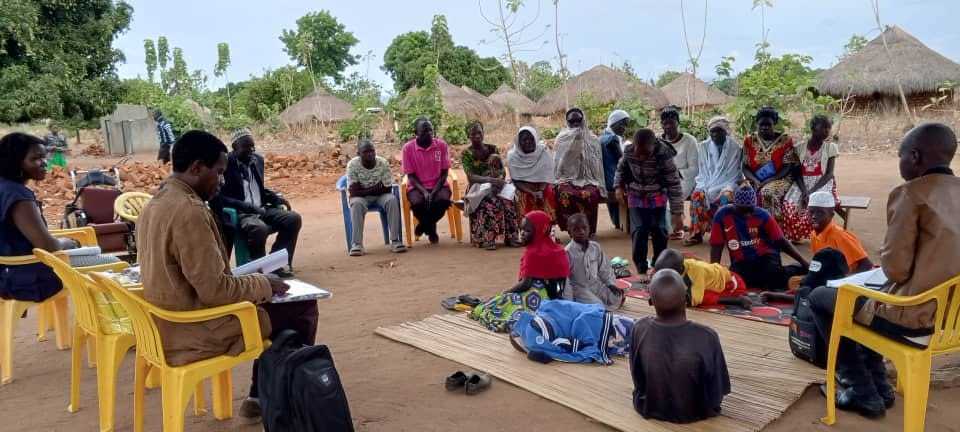
12:24 pm · Mar 20, 2025
0
1

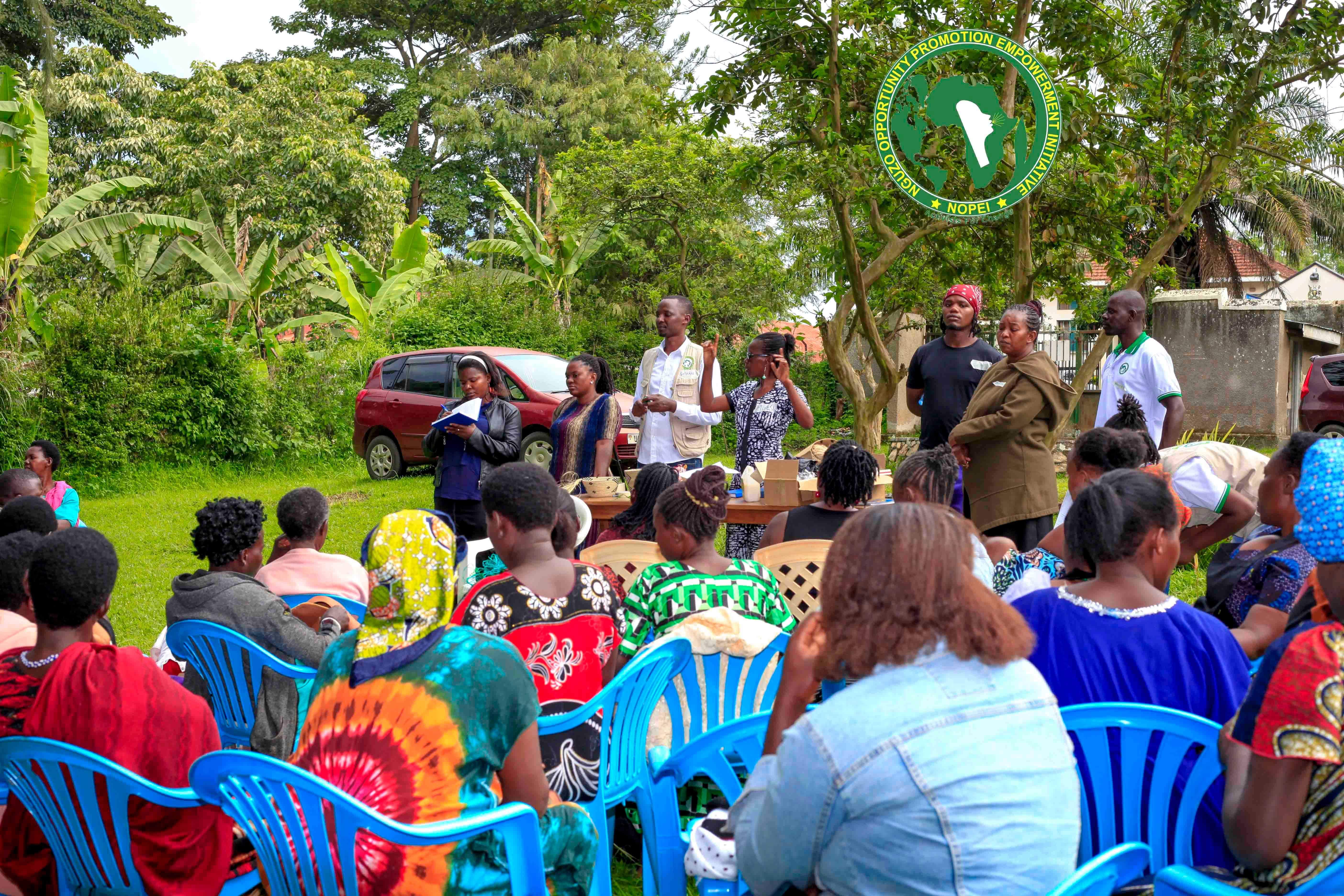
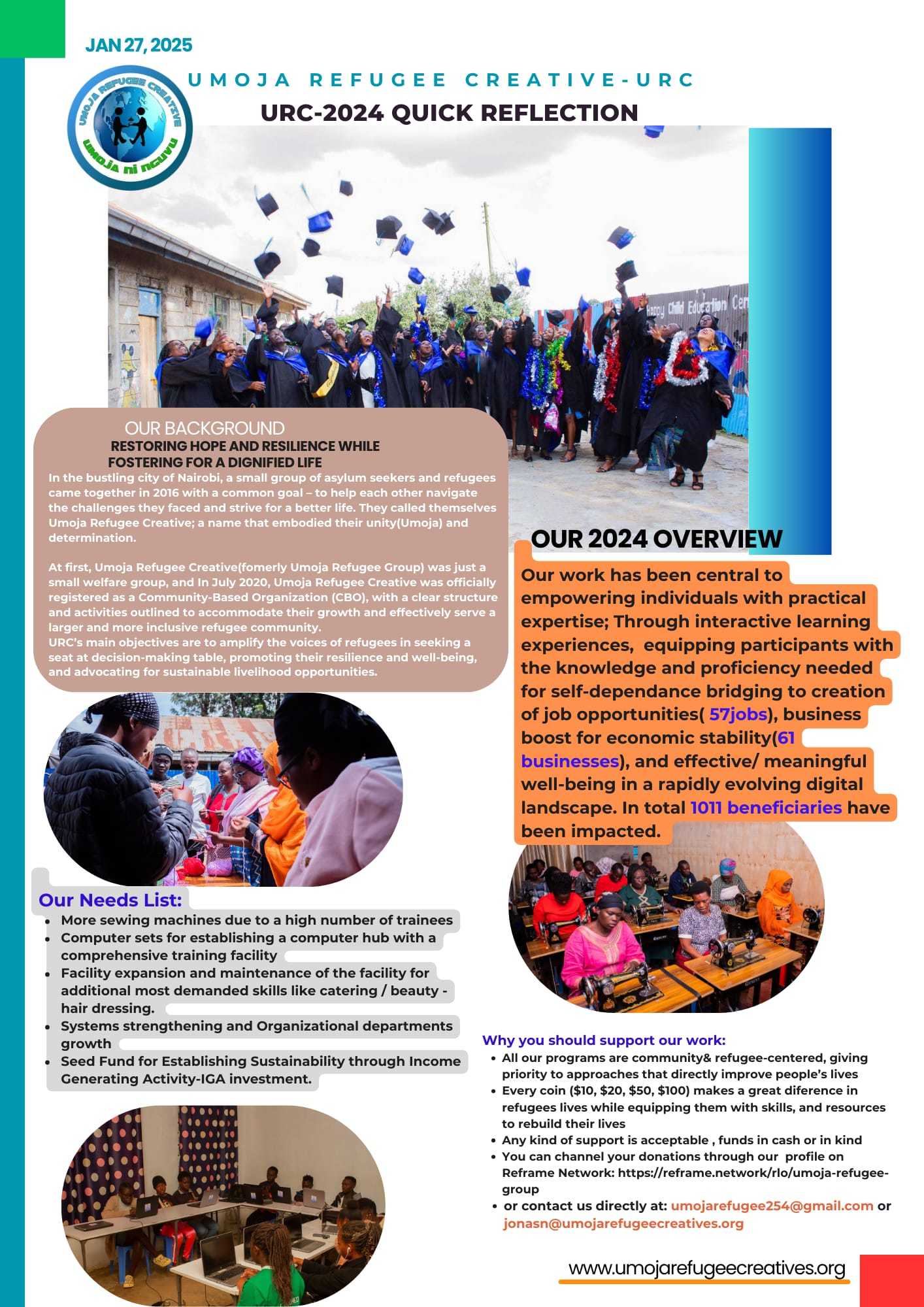

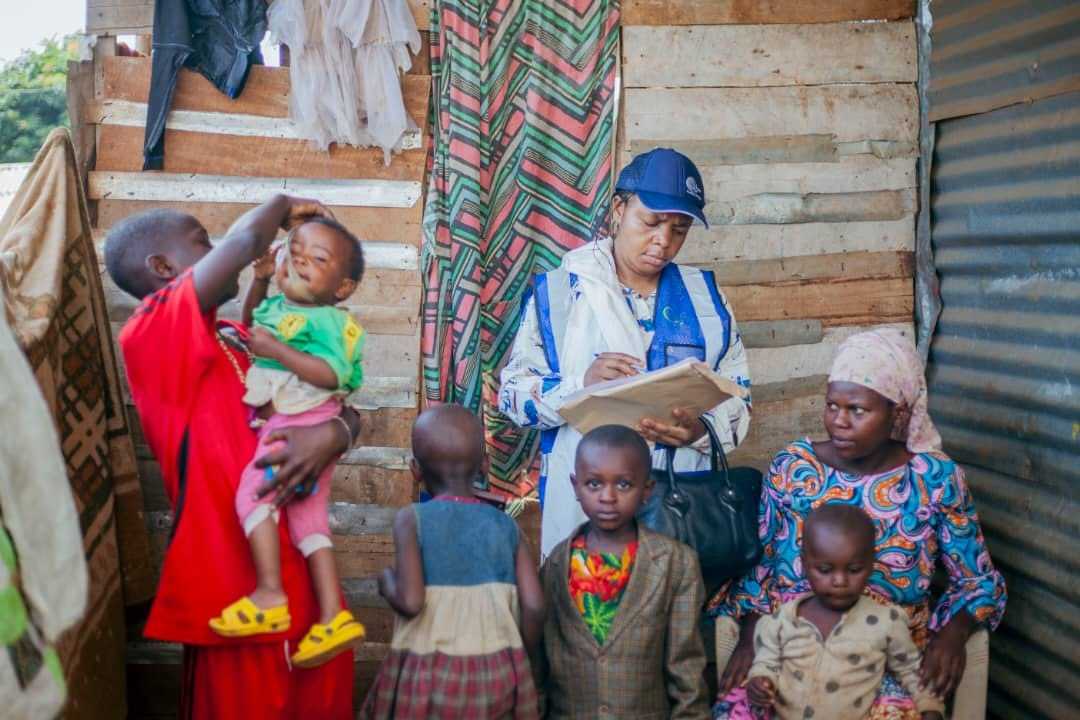
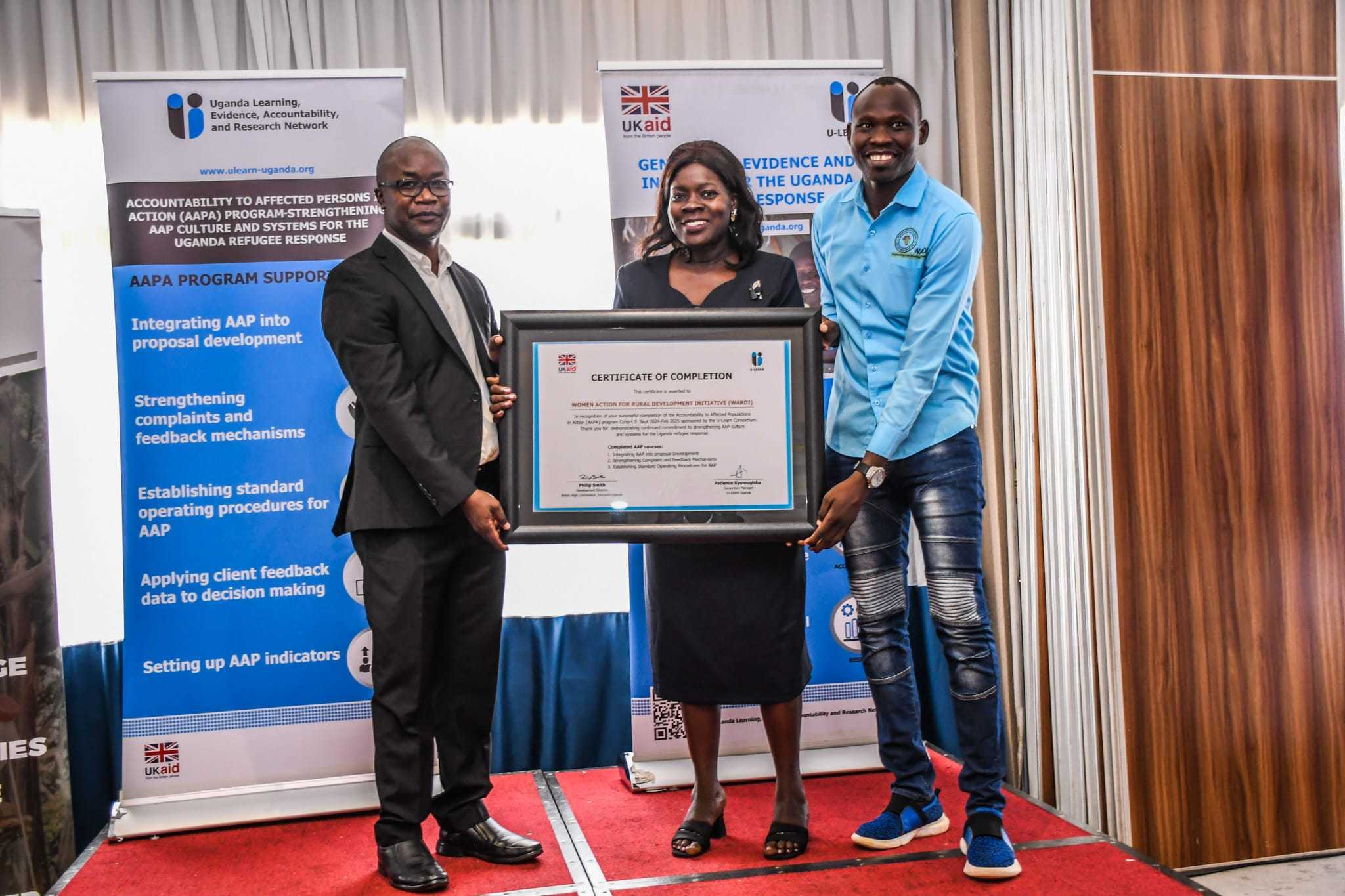

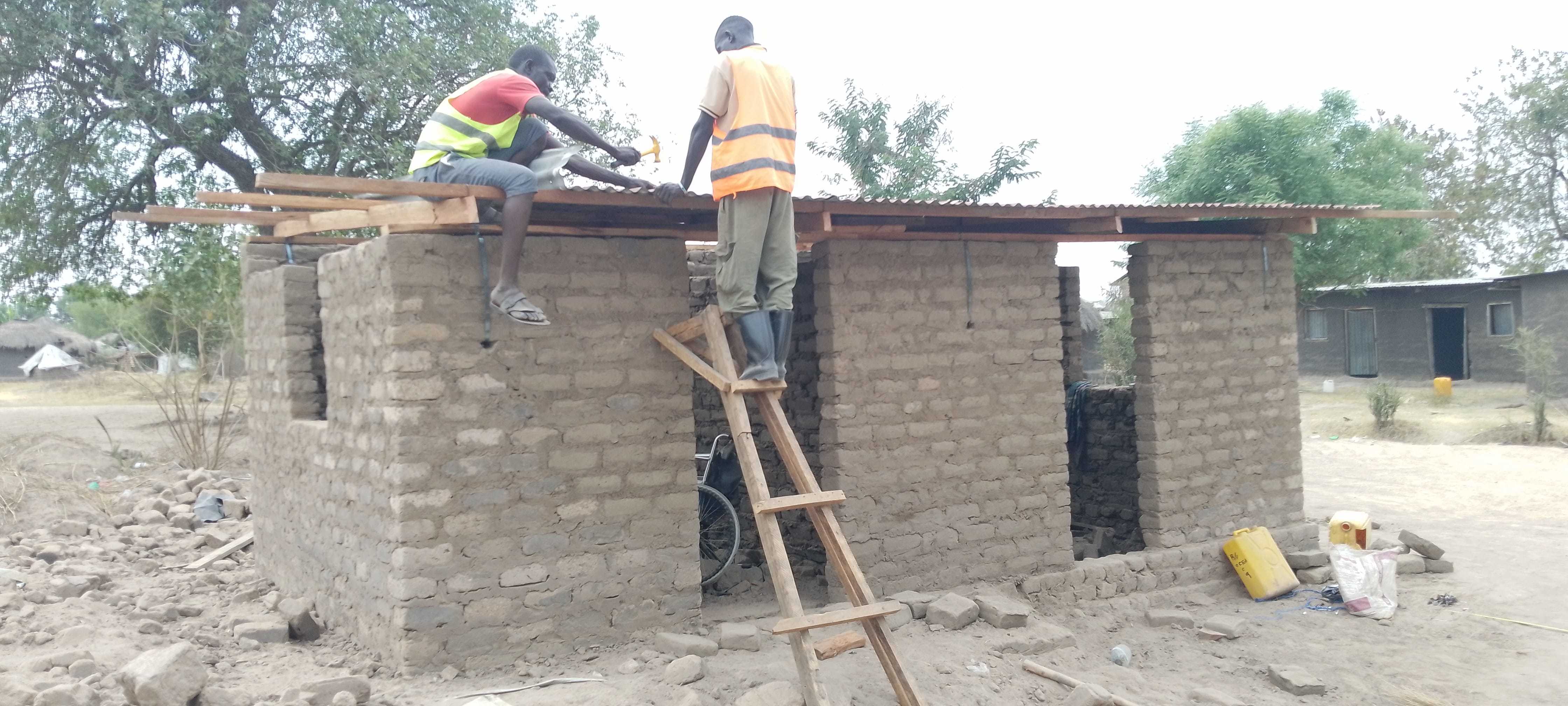
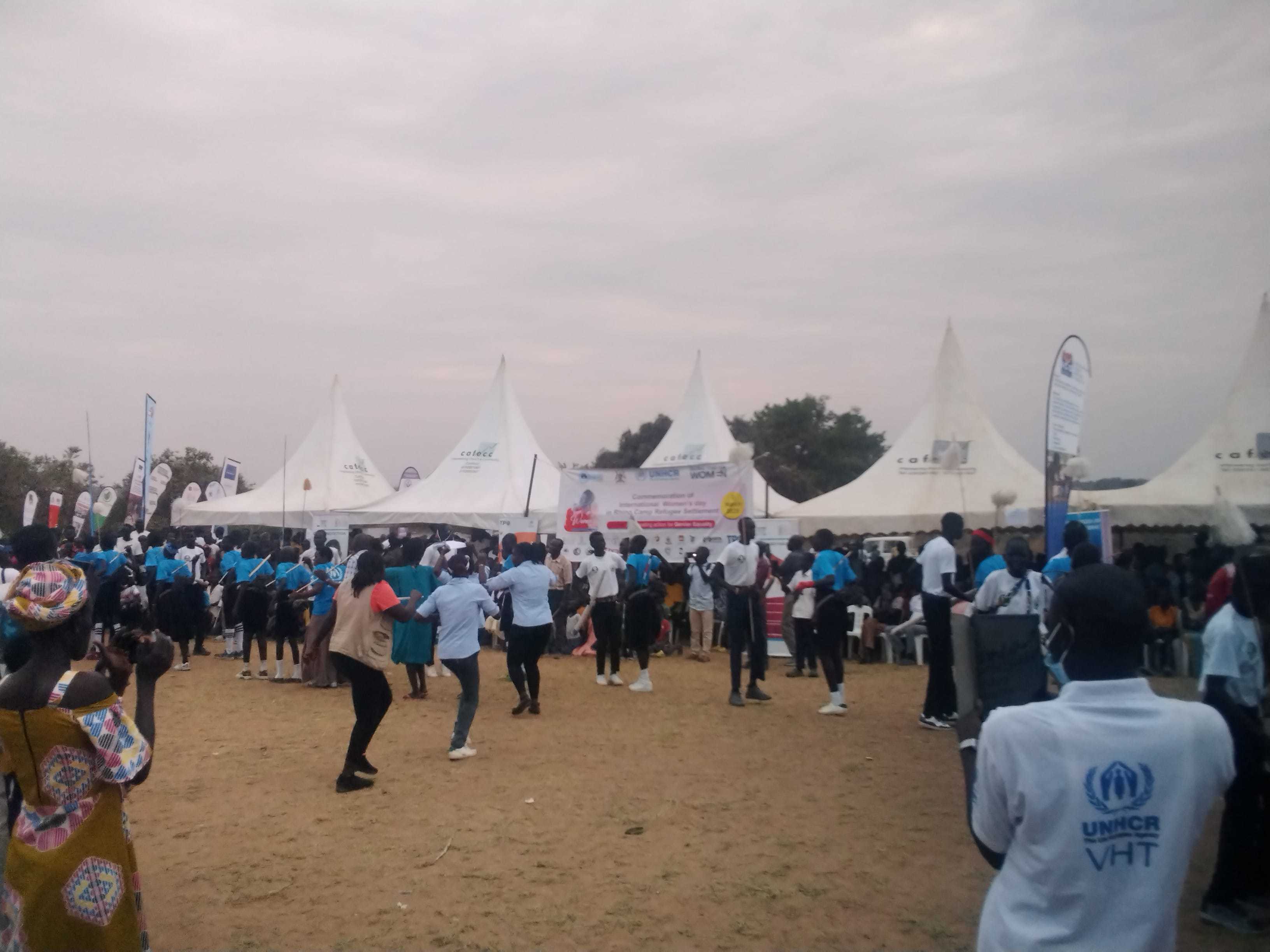
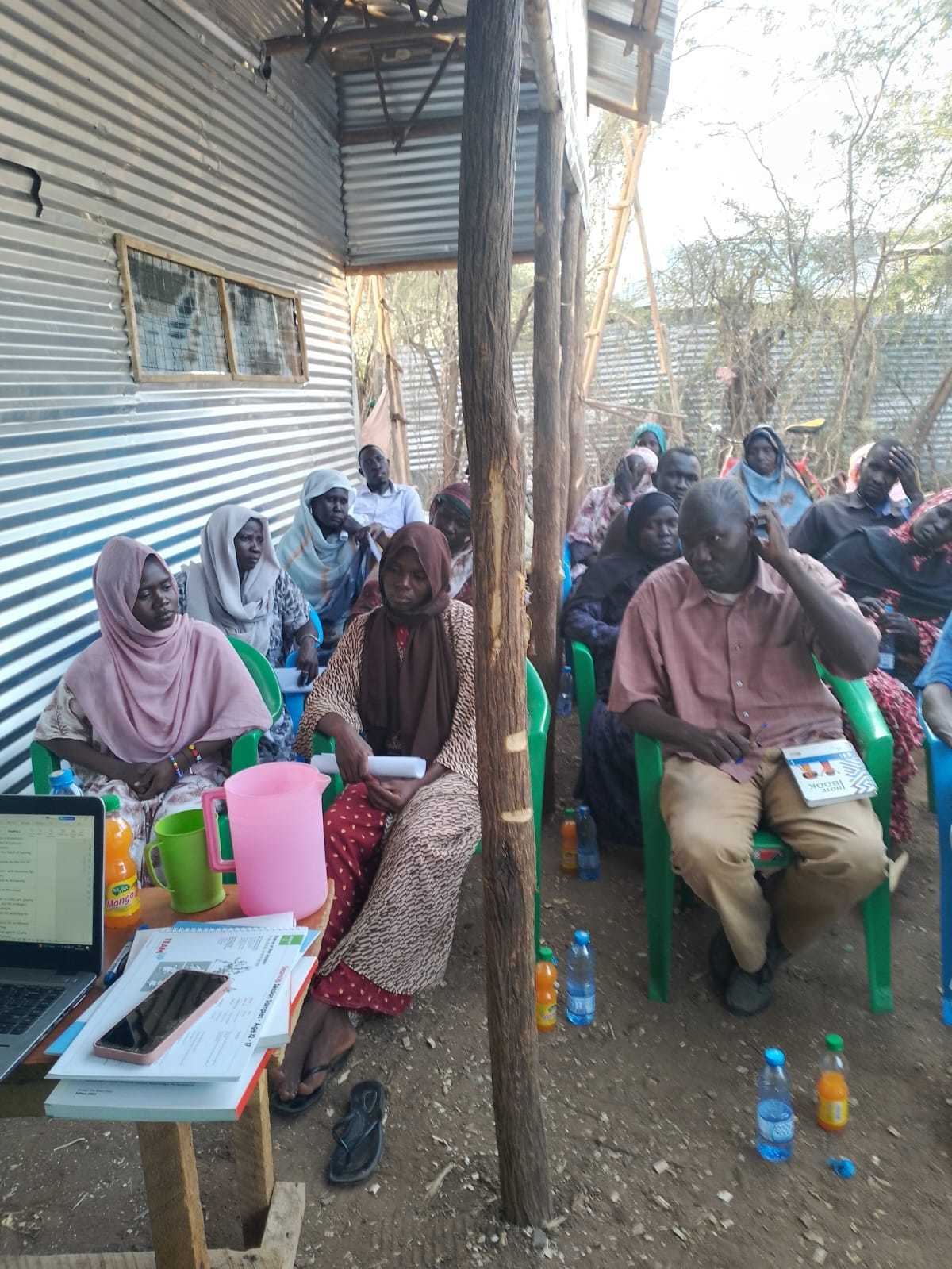
0